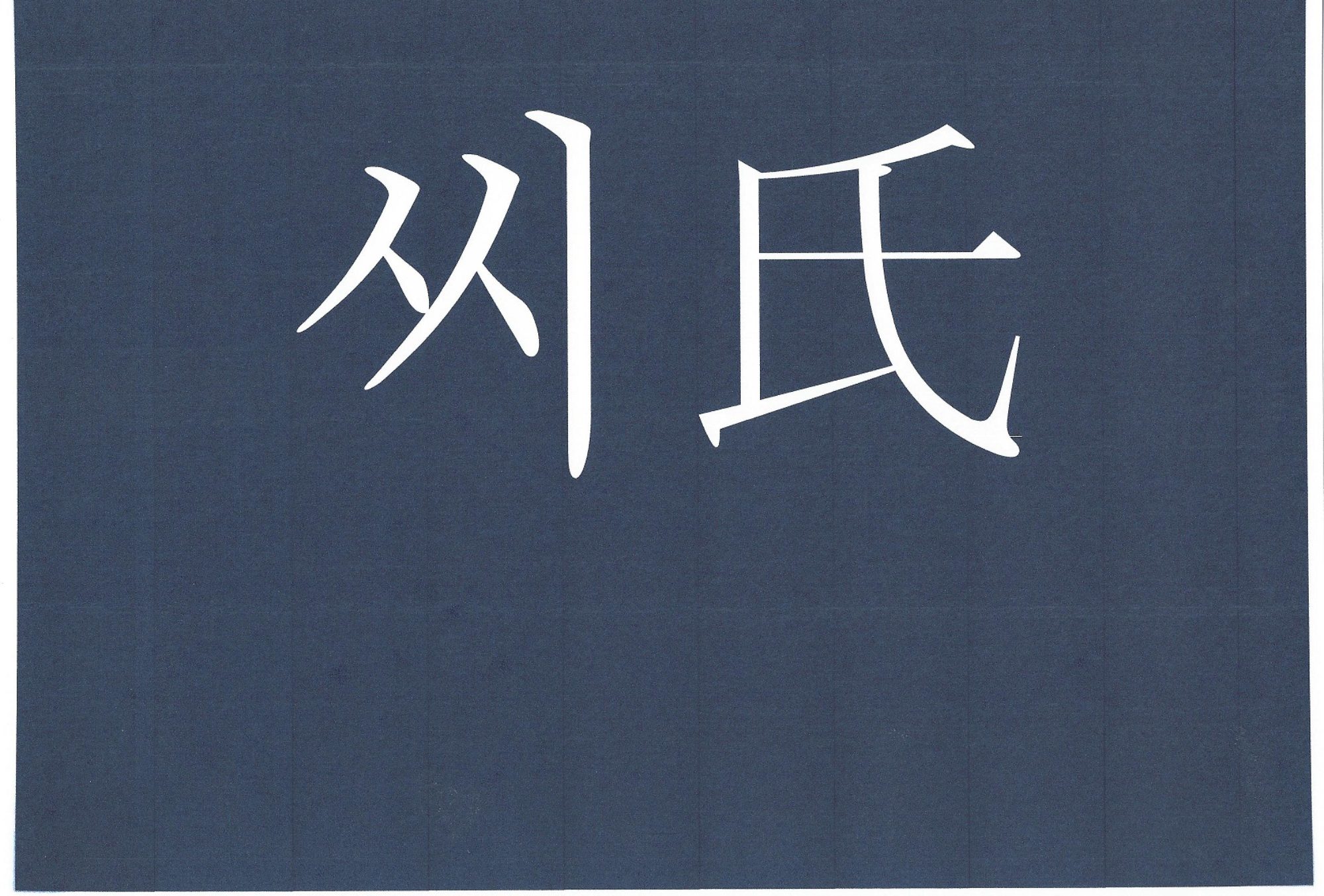My thoughts on Koreans and Korean clans
Koreans are quite an amazing ethnic group. For a country that is about 50 million people and a land area about the size of the U.S. state of Indiana, they achieve so much in such a short span of time. The global fire power website shows South Korea ranked 7th as of today September 9th, 2015. The amount of technology and knowledge that South Koreans have are stunning considering 60 years ago it was a poor and weak country receiving foreign aid and devastated by the Korean War (1950-1953).
Not many know about Korean clans. If you asked a Korean American what clan they were from, they would not have a clue. Each Korean family is from a particular clan. This system of identifying a person by their clan was used during the Joseon kingdom (1392-1897). Some clans were considered an elite yangban clan. A yangban clan were considered the nobility of Joseon. They say that in order for a family to be considered a yangban clan, 3 generations of family members had to pass the civil service exam. If the members were of high government positions, then they were considered a high yangban clan. Some would say a Gwangsan Kim member was a yangban because the clan achieved so much during the Joseon period, but not all Gwangsan Kim’s were yangban and only particular branches within a clan were actually yangban. Yangban families would only marry among themselves and not among the lower classes. Today, it is hard to know for sure who has real yangban blood and who doesn’t because no one really asks. Korean people don’t talk about who was from an elite yangban family because it’s a sensitive topic. Although on occasion, some people might mention their clan and people who are familiar with Korean history will know what type of yangban clan they were from. During the Japanese occupation and Korean War, it was speculated that yangbans have married into lower classes of Korean society. The only way anyone would know if they were from a true yangban family, would be a DNA test of the ancestors and present day Koreans. The wealthy Koreans may or may not be yangban and because no Korean really talks about it, Koreans continue to mix and the true yangban bloodline will probably no longer exist. Koreans tend to be progressive and not preserve traditional yangban bloodlines because it’s no longer an economic factor of success in South Korea or in any other countries. Since coming from a non-yangban family would be shameful or embarrassing, talking about it would be taboo. Progress in perserving yangban bloodlines will diminish over time. Modern day societies of pressuring and encouraging diversity will be considered more popular and favorable over conservative views of preserving traditional bloodlines. The question is is it necessary to preserve traditional bloodlines or should Koreans embrace and encourage diversity and mixture of yangban families? Are traditional yangban families successful in modern day South Korean society?
Technology will replace a lot of Korean traditions and the national cultural intangible properties will discontinue because there will be no interest in passing this down. However, this trend is unfortunate because these traditions are what made Koreans unique and successful. Traditions is what help identify Koreans as an ethnic group. Also the tradition of preserving bloodlines will disappear and will take away the unique traditional yangban families that came about through Korea’s history and this will be lost as well.
